Student activists Juleea Berthelot and Carson Cruse said they expected punishment from Loyola after being arrested on May 1 during the Tulane encampment. However, they said they didn’t anticipate the unjust obstacles to appealing or postponing their conduct cases.
Berthelot, a psychology and sociology double major, said they thought the conduct process that they had to go through was not informative leaving them confused.
“It felt very impossible every step of the way,” Berthelot said. “Like we learn something new that just makes our lives even harder.”
Fortunately, Berthelot said, they were not alone in the process. They had senior economics major, Carson Cruse, by their side going through the same thing.
The two of them were part of the five students met with student code of conduct charges this summer after organizing a pro-Palestine encampment on Tulane’s campus.
Loyola and Tulane Students for a Democratic Society organized the encampment. Berthelot and Cruse were the former leaders of Loyola SDS, meaning they faced higher conduct penalties for their leadership compared to other students who received conduct charges, Berthelot said.
Cruse and Berthelot received their preliminary hearing documents from Loyola on May 3, two days after being arrested. Cruse said when he and Berthelot asked to postpone their hearing, the university refused, claiming to the students their hearings had to happen before the start of the school year because of the universities annual conduct report. According to Cruse, they lied to them because the report is not due until October.
Dallas Flint, the director of student conduct replied to Cruse’s comment, making it clear the Office of Student Conduct has an annual security report that is anonymized data, but the timing of any student code of conduct hearing and appeals are not dependent on these reports.
“I prefer to resolve cases within the same term or academic year to ensure all data is captured for my various end-of-year reports,” Flint said.
During their hearings, Cruse and Berthelot said they did not speak because they were simultaneously going through a criminal case and did not want anything in their hearing to be used against them in the court of law.
“[It’s] an ongoing criminal investigation, right? So we don’t want to provide them with any information that they could potentially provide to the police and to the courts,” Cruse said. “Which we were very certain that they have been cooperating with.”
Because they refused to speak, Cruse and Berthelot said they both received a year of disciplinary probation. According to Berthelot, they were not given an explanation on what the probation entailed at the time.
“It stinks,” Berthelot said. “What makes me hate it so much is that in our violations, they just told us that we’re on probation, and that means that we are no longer in good standing with the university, but they don’t tell you what that means.”
The student code of conduct states that disciplinary probation means if a student or organization breaks any more rules, they could face more serious consequences like revoked housing, suspension, or expulsion.
After researching independently, Berthelot said they and Cruse discovered they could no longer participate in student organizations, hold leadership positions, or study abroad.
Cruse said it is hard to see other students enjoy activities that he previously led or participated in, especially as a senior.
“It feels just really weird – all of these things that I helped create are now just kind of like without me,” Cruse said. “It’s really great that they’re continuing to exist, and they will continue to exist, but, you know, it just kind of sucks to not be a part of it anymore.”
The two students tried to put in an appeal that they thought would either go to the student or faculty board of appeal, but they said this was not the case. Both Cruse and Berthelot said they were unable to appeal to a faculty or student board, like they were able to in a prior conduct hearing for a different charge back in December.
“Our strategy with the conduct is that you know, we were just like, not going to tell them anything,” Berthelot said. “And we’re going to do the appeals process because they do have an appeals process.”
According to the code of conduct, each student who is going through a conduct hearing is allowed to have either a lawyer or faculty advisor. However, the lawyers and advisers are not allowed to speak for the person who is in trouble. They are only there for guidance.
Cruse said both his and Berthelot’s advisers helped them understand what they can and can’t do throughout the hearing.
Pablo Zavala, assistant professor of Spanish and Latin American Studies, served as Cruse’s adviser. Zavala said he didn’t hesitate when Cruse asked him to be his adviser because Cruse is an “exemplary student.” He said he shared the frustration about how the code of conduct process is hard to navigate and understand without any help.
“What I will say is that the student code of conduct, the processes associated with the handbook, are very problematic,” Zavala said.
Zavala said he and Berthelot’s adviser, Annie McGlynn-Wright, worked throughout the summer with both students and helped them understand the student code of conduct and policy changes that they may not have known of.
“We don’t expect students to – leave the classroom and then forget everything that they learned,” Zavala said. “So when they actually practice it and are actually exemplifying the Jesuit values, that’s what makes someone want to help them.”
According to Flint, the appeals process for non-academic matters, a differing process that has been going for ten years, involves appeals that go to the Vice President of Student Affairs, Alicia Bourque.
“This appellate process (Vice President of Student Affairs or trained designees) has been in place at Loyola University New Orleans for over ten years and is clearly stated in Loyola’s Student Code of Conduct,” Flint said.
Sophia Maxim contributed to the reporting of this story.


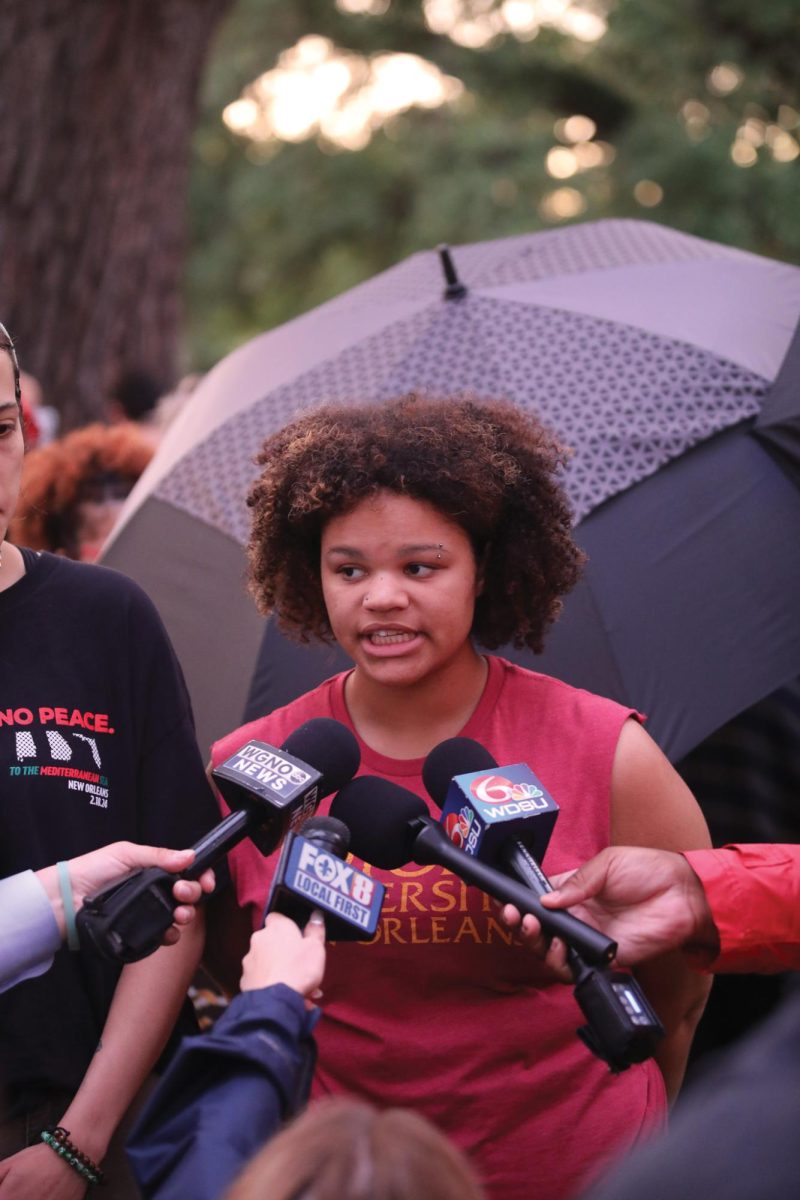
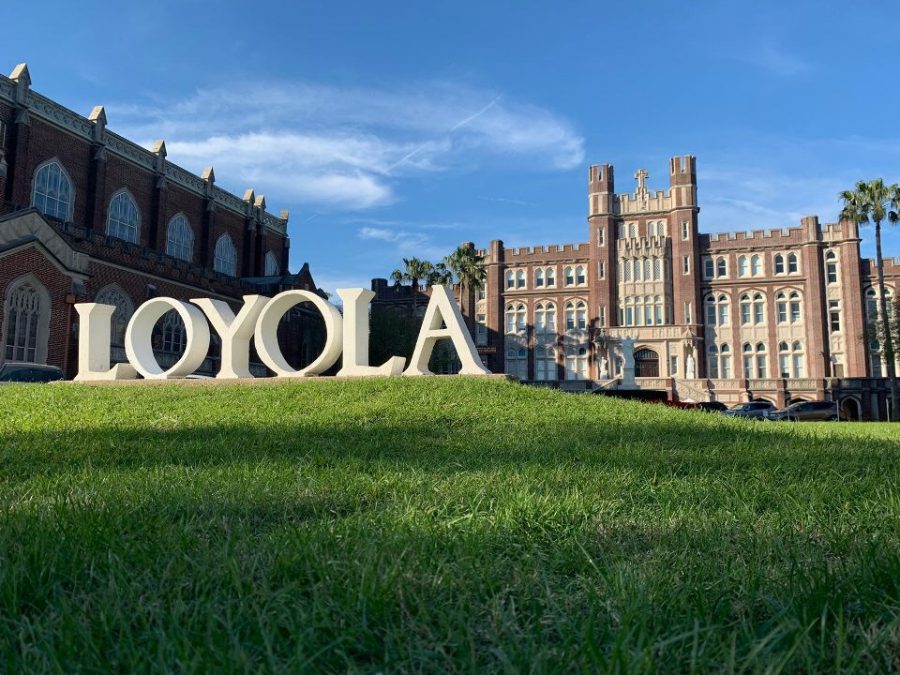





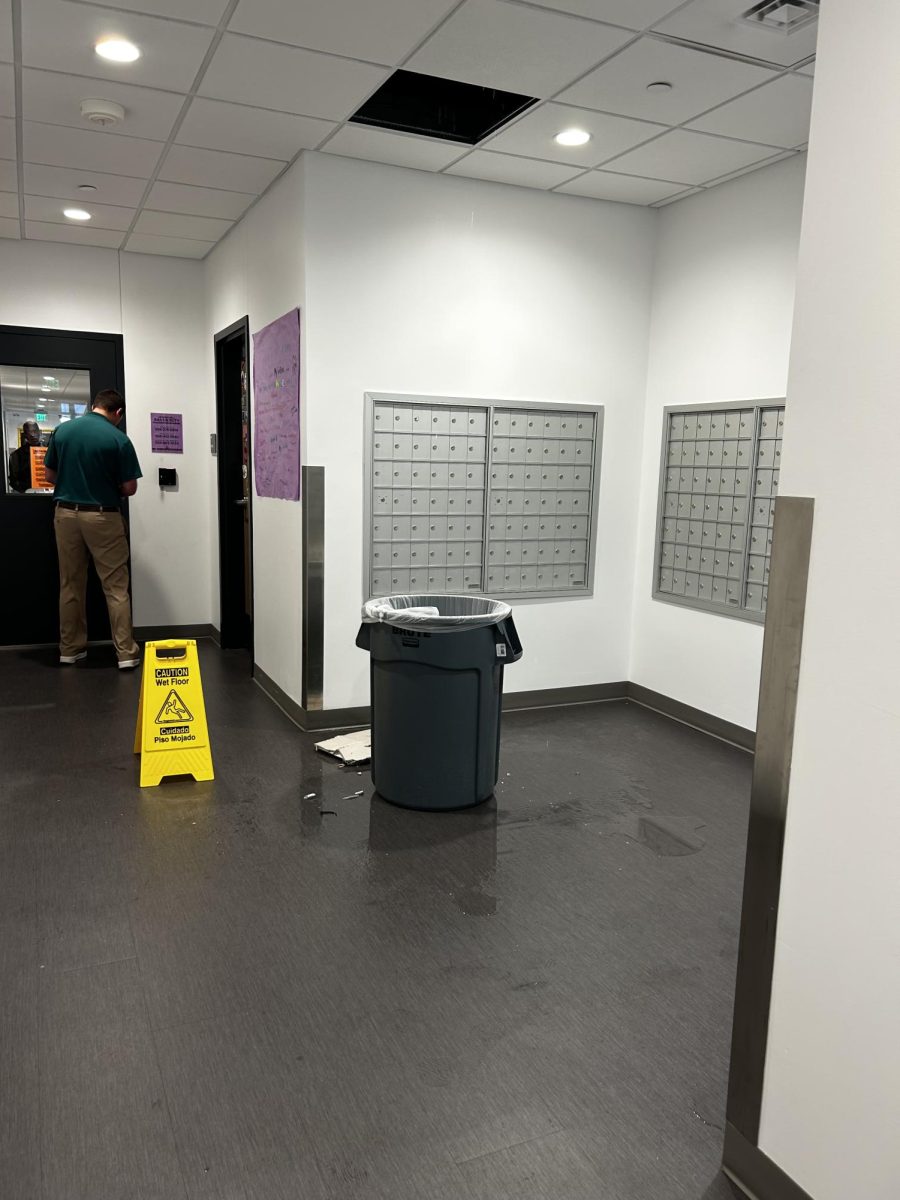
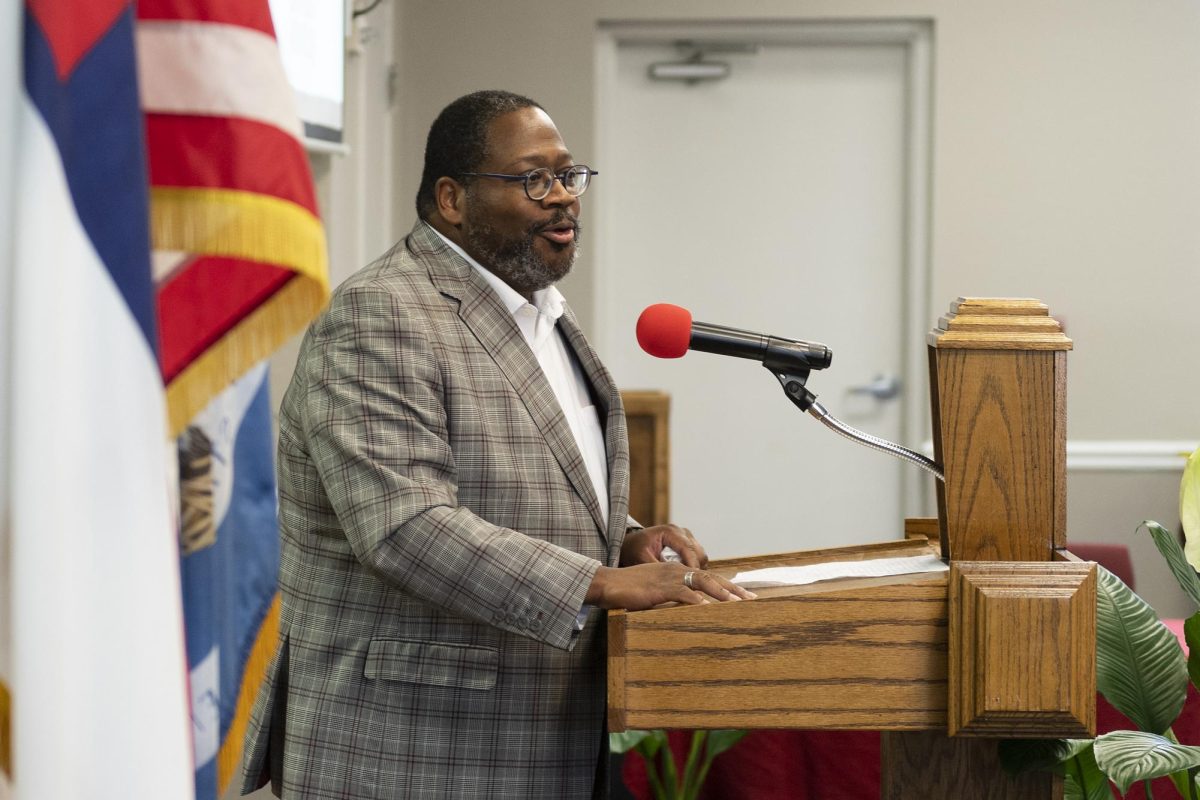



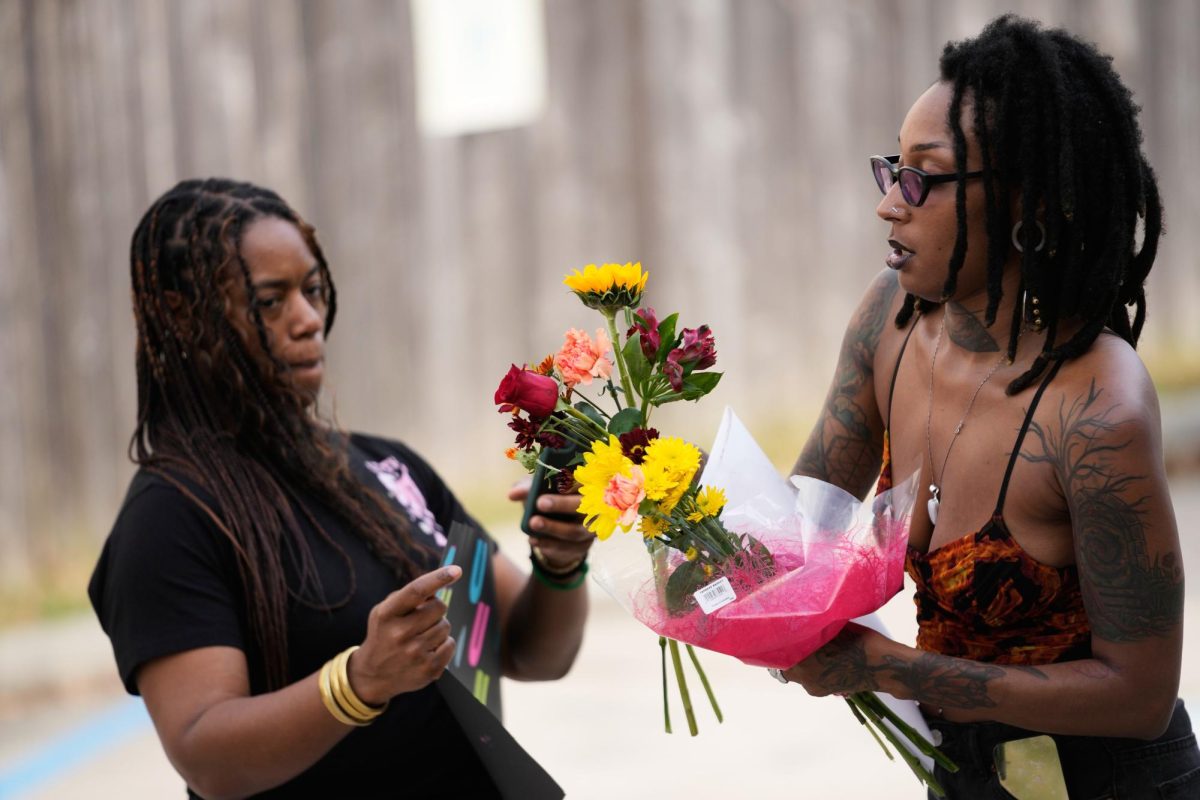

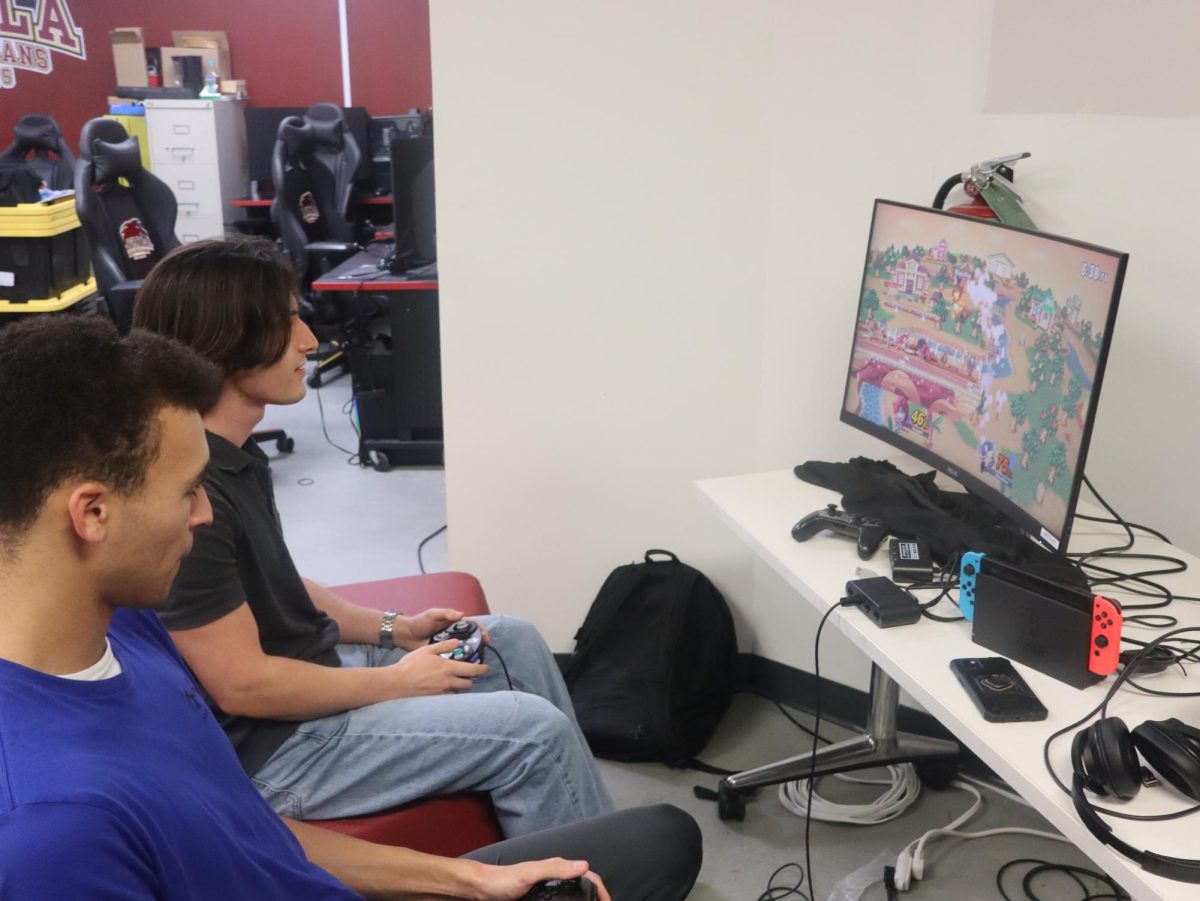




paul • Sep 9, 2024 at 10:17 am
Well well well, if it isn’t the consequences of my own actions.
kymani • Sep 6, 2024 at 10:16 pm
Interesting, how when Christopher Gillyard spoke out against the process of Student Conduct, the university choose to only increase their retaliation against him. The school does not truly stand for Jesuit ideals, especially when those ideals challenge the university to grow and expand their willfully ignorant ways. These students did a phenomenal job using their voice to fight for the Palestinians. And when the truth finally comes out on how this was a genocide that our government continued to fund, I hope these students sue the university. Because why is it wrong to stand against genocide? Why is it wrong to use your voice to bring attention to the reality of what is going on?